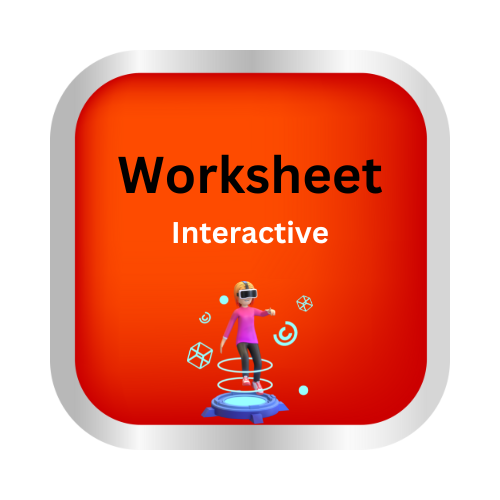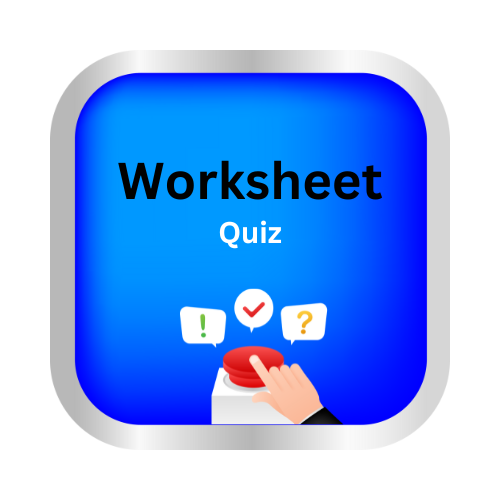Identify subordinating conjunctions
key notes :
Identify Subordinating Conjunctions ✨📖
| 🔎 What are Subordinating Conjunctions? |
👉 Subordinating conjunctions are special words 🪄 that connect a main sentence (independent clause) with a smaller sentence (dependent clause).
- They show relationship between the two parts. 💡
| 🎯 Examples of Subordinating |
Conjunctions:
- because 🧑🏫
- when ⏰
- if ❓
- although 🤔
- while ⏳
- since 🕰️
- I stayed home because it was raining. 🌧️
- We will play outside if the sun shines. ☀️
- She smiled when she saw her friend. 😊
- ✨ A subordinating conjunction joins sentences in a way that one depends on the other.
- ✨ The dependent sentence cannot stand alone! 🚫✂️
- ✨ Think of them as glue 🧴 that sticks a small idea to a big idea! 🌟
| 🎉 Quick Practice: Spot the Subordinating Conjunctions! |
- I won’t eat ice cream 🍦 if it is too cold. ❄️
- She is happy 😊 because she won the game. 🏆
- We stayed inside 🏠 while it rained. 🌧️

